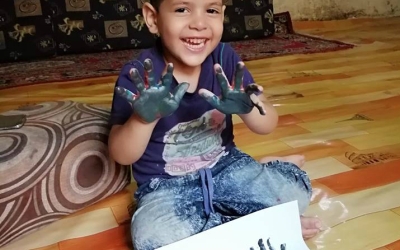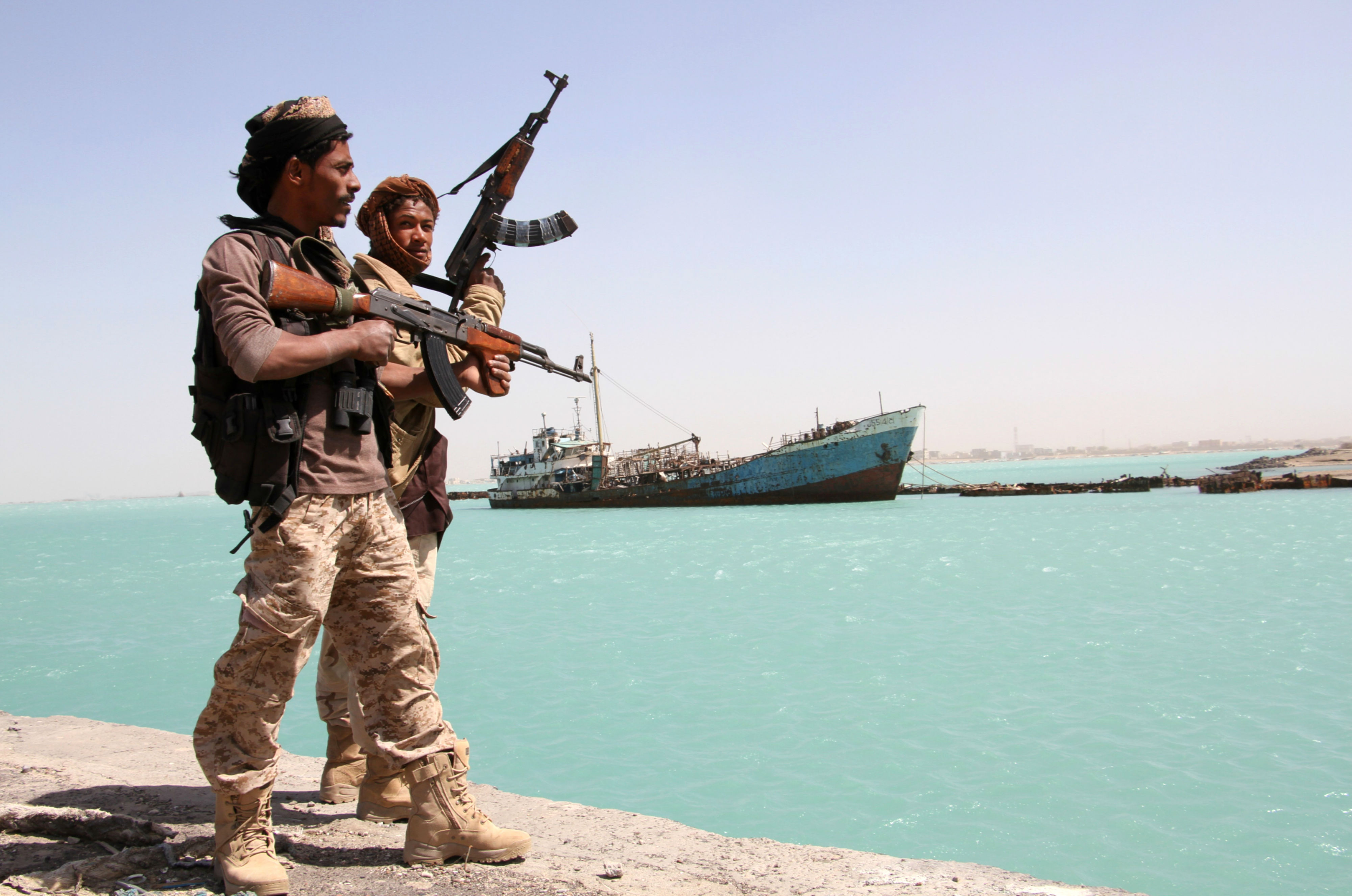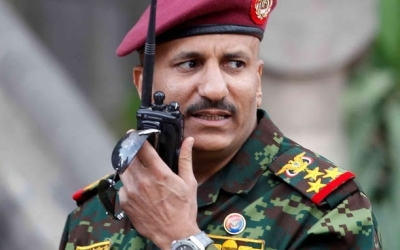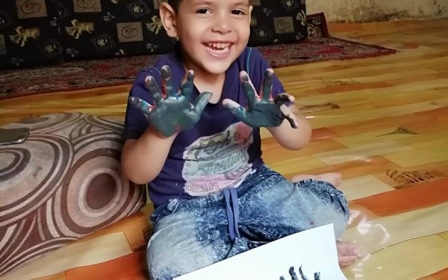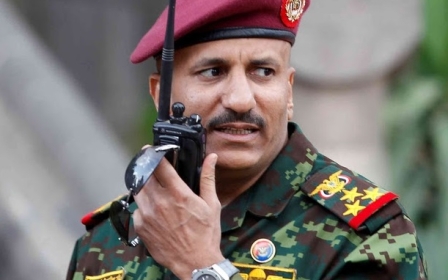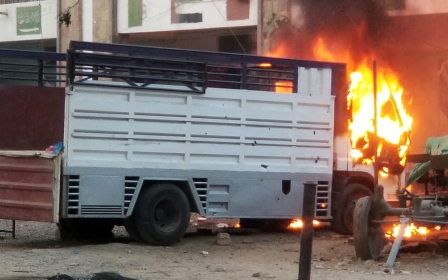'The UAE is an invader': Yemeni fishermen bewail Emirati 'liberation'
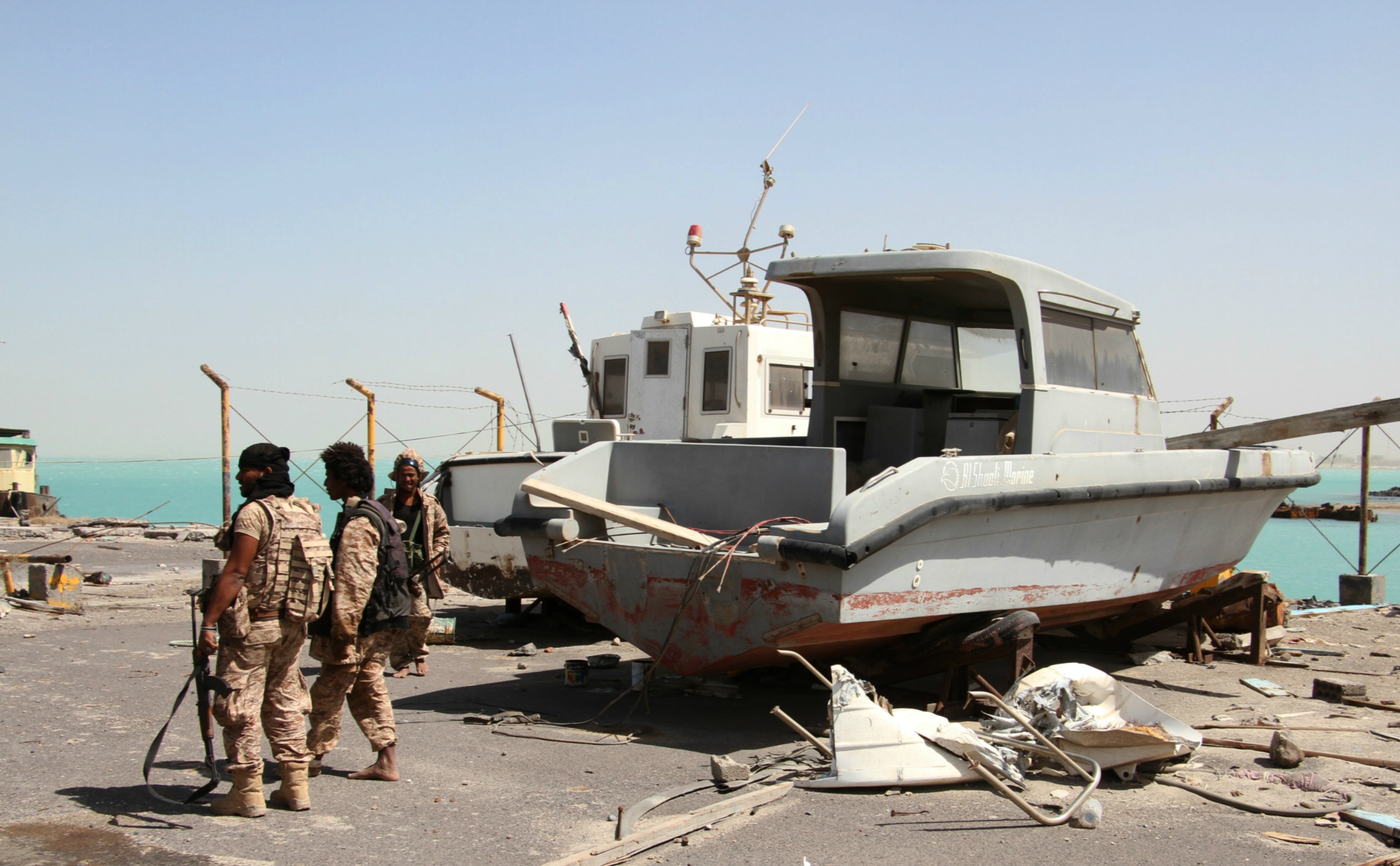
When war broke out in Yemen, rebel Houthi forces took over Mocha, the eponymous southeastern seaport from which the coffee drink traces its name.
Residents say regular life did not change much in the area following the takeover, and fishermen continued to fish and practice their regular life.
However, when pro-government forces backed by the Saudi-led coalition took Aden back from the Houthis, they decided to advance and liberate Mocha, situated in the Taiz Governorate, from the rebels.
'I tried to go towards the sea, but the UAE boats shot at me'
- Abdulsalam, fisherman
Battles in Mocha broke out at the beginning of 2017 and thousands of families fled their houses, others were killed and injured, and most of the civilians lost their work as fishermen.
After a few months, pro-government forces backed by the United Arab Emirates (UAE) "liberated" the coastal district in Taiz from the Houthis and displaced people from Mocha began to return to their houses, expecting to resume their regular life.
“When the battles broke out, I fled my house towards a camp in Taiz’s al-Ma’afer district, and when the battles finished in my area, we were very happy to return to our houses,” Abdulsalam, a resident of Mocha told Middle East Eye.
“When we arrived to our area, I found everything was changed, there were foreign and southern fighters spread everywhere, they had already stormed our houses and looted them."
Saudi Arabia leads a Western-backed military coalition that intervened in Yemen in 2015 to restore the government of President Abd Rabbuh Mansour Hadi, which was kicked out of power in the capital Sanaa, by the Houthi rebels in 2014.
The UAE, which is part of the coalition, has regularly enlisted foreign, as well as southern Yemeni fighters who back independence for the south, in its battles against the Houthis.
'Only the UAE fishing vessels can sail'
Abdulsalam said that the southern fighters questioned him when he arrived in Mocha and told him that he should not go towards the sea for any reason as the sea was now a red line for residents.
“That was the first bad news I heard when I returned to my house as I cannot fish anymore and I do not have any other work to do,” said Abdulsalam.
“Since 2017, only the UAE fishing vessels can sail and plunder our wealth, but we cannot sail at all.
"I tried to go towards the sea, but the UAE boats shot at me and they do this with anyone who tries to sail.”
Abdulsalam said that his family is living through the worst situation of their life as they do not have any other sources of income and depend on organisations to help them with food.
“Not only me but all fishermen are struggling nowadays as the UAE deprives us from our wealth, and we are dependent only on generous people to help," he said.
“I am not a Houthi but the truth is that our life under the control of the Houthis was better than nowadays as they did not prevent us from fishing.”
Free services at a price
Although the UAE provides residents of Mocha with free basic services, residents are not happy with the situation and say they hope to see their district free from the foreign and southern fighters.
Elyas, a resident of Mocha in his 40s, told MEE: “The UAE provides us with free services only to absorb our anger against it, and it is true that we are weak people who cannot resist a country like the UAE, but Allah is stronger than the UAE and he can take revenge.
“It is clear that the UAE loots our wealth and then tries to provide us with simple things like electricity, water, healthcare and sometimes food, but we are free people and we hope to see Mocha free from the UAE, southern and Sudanese fighters.”
Elyas is a father of six children who has now lost his job as a fisherman.
He has been struggling to feed his family, so his children have had to resort to working with sellers in the market to help their father.
“Before the war, my children used to study, but after the invasion by the UAE they were forced to stop their study and go to work,” he said.
'We cannot fish anymore'
While there are now no more battles in Mocha, many displaced people from the port have not returned to their houses as they do not believe they can live there amid the presence of the UAE forces.
Amer Sorour, a fisherman in his 30s, fled his house in Mocha in January 2017. After the end of the battles in the port he visited his house but was not convinced to return as there was no work available.
“I am a fisherman and when I returned to Mocha I found it to be a military zone under the control of the southern and Emirati forces and we cannot fish anymore,” Sorour told MEE.
“I do not want to live amid the fighters when there is no chance for work. The UAE exiled us from our houses to loot our wealth.”
Sorour lives in a makeshift camp in Taiz’s al-Ma’afer district together with his three children.
He works as a builder in the surrounding areas of the camp and believes that this is better than returning to Mocha.
“In this area, we can look for work but in Mocha there is no work for residents, rather it is a dangerous area as there are militia spread everywhere and usually we hear about clashes in the city,” Sorour said.
'Mocha belongs to the south'
Mocha lies on the Red Sea and is a district of Taiz, but after the southern forces participated in its liberation from the Houthis, they started to claim that the port belongs to the south and began to marginalise its original residents.
Sorour said: “The southern fighters insult us in our land and claim that Mocha belongs to the south.
“Some of the southern forces work as hands of the UAE and they help them to loot wealth anywhere, either in the south or in the north, so we hope that the south achieves independence from the north and we can return to our houses.”
Many southern fighters in Mocha believe that the port belongs to the south, but MEE's attempts to contact a military leader in Mocha over the claims were met without reply.
A southern fighter in the streets of Mocha told MEE: “There is no sea in Taiz, and Taiz is far from Mocha but nearer to Aden (the main city in the south) and its sea, and all people know that Mocha belongs to the south.”
Abdulsalam said that after the arrival of Tareq Saleh’s forces to Mocha in April 2018, the marginalisation against the original residents had reduced to some extent.
Saleh is a Yemeni military commander and the nephew of the late President Ali Abdullah Saleh, who was killed by a Houthi sniper while attempting to flee Sanaa during the battle for the city in late 2017.
“Tareq’s forces belong to the north and after their arrival they started to support the original residents of Mocha but they cannot oppose the UAE forces,” he said.
“Tareq’s forces are backed by the UAE and they cannot allow us to resume our work, but at least they defend us when southerners storm our houses.”
Abdulsalam said that he does not want to depend on anyone and wants to resume his work in the sea safely so he can eke out a decent living for him and his family.
“All I need is that the UAE leaves our area and allows us to practice our regular life," he said
"The UAE is an invader, not a liberator. It did not come to liberate Mocha, but to steal our wealth.”
Additional reporting from Mocha
Middle East Eye propose une couverture et une analyse indépendantes et incomparables du Moyen-Orient, de l’Afrique du Nord et d’autres régions du monde. Pour en savoir plus sur la reprise de ce contenu et les frais qui s’appliquent, veuillez remplir ce formulaire [en anglais]. Pour en savoir plus sur MEE, cliquez ici [en anglais].


